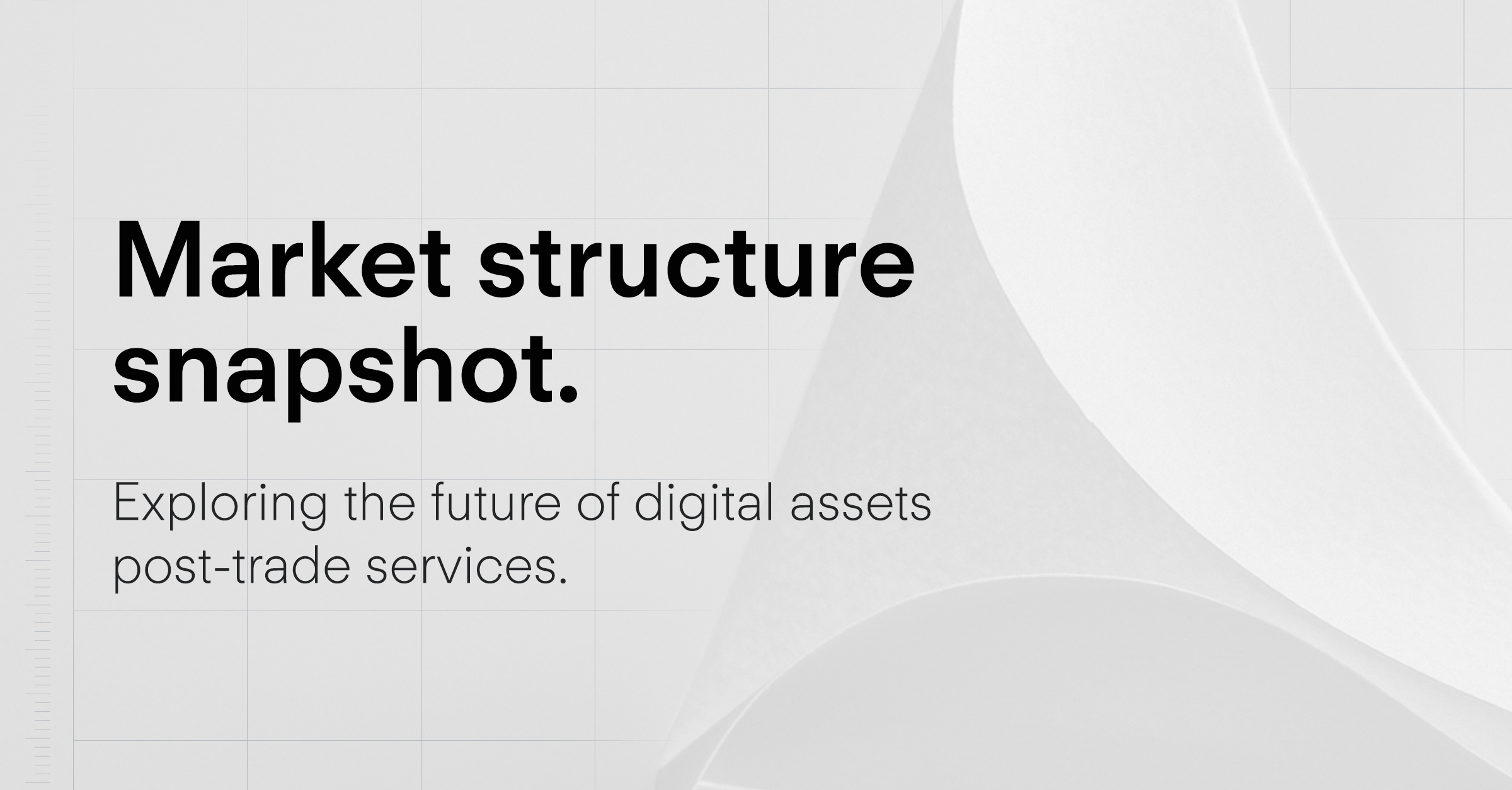
Recent confusion over an updated terms of service notification from Facebook-owned WhatsApp has opened up a new front in the long-running global debate about privacy in the digital age.
Amid outcry over this policy change, rival encrypted messaging apps like Signal and Telegram are booming, as is the privacy-focused search engine DuckDuckGo.
In the crypto world, privacy-centric coins have also picked up steam over the course of the past week, even as the price of Bitcoin and most other digital assets pulled back.
And even more intriguing is that the likes of Monero, Zcash and Dash have shot upwards despite having been dealt a blow by Bittrex – the latest exchange to give privacy coins the boot.
Bittrex didn’t provide a reason for the delisting of the aforementioned coins. However, given that the US exchange only delisted the three privacy coins, it’s evident that their anonymity was their downfall.
Unlike Bitcoin and Ether, privacy coins promise enhanced anonymity by concealing users’ addresses and transaction amounts.
Monero, which is one of the most popular privacy coins so we will use it as an example, takes the same concept of digital scarcity that Bitcoin created but adds another level of sophisticated cryptographic technology to allow for private transactions on the blockchain. In a grossly simplified explanation, Monero leverages something called a 'stealth address' and 'RingCT' to cloak the sender, receiver, and amount of any given transaction.
This means that users can freely use the blockchain without worrying about exposing their entire transaction history to the entire world.
It is because of this feature that government agencies suspect such coins are used for tax evasion, money laundering and other criminal activities. And as we have already seen, many popular centralised exchanges feel pressured into delisting these assets due to the regulatory burdens associated with hosting them.
On the other hand, proponents of privacy coins argue that cryptocurrency’s origins were in part about escaping the ties of the traditional financial system and the surveillance and scrutiny it enables. They claim that wealth preservation and private transaction capabilities hold enormous value, especially for the countless individuals in oppressive regimes around the world.
Continued emphasis on privacy in the mainstream media could give a further boost to privacy-focused coins.
This past week, endorsements for privacy-enhancing technologies came from a number of high-profile figures ranging from Edward Snowden to Elon Musk. Naval Ravikant, the renowned Silicon Valley investor and entrepreneur also recently weighed in on the privacy debate, tweeting: “Use Signal. Learn about privacy coins. Insist on working remotely. Embrace open source. Practice online anonymity”
Just as VPNs, Tor, HTTPS, and end-to-end encrypted messaging are now considered standard protection tools, is it plausible that privacy technology in cryptocurrencies may one day be considered acceptable too?
A push-and-pull dance with regulators may be required on the part of the crypto community, where the challenge is to satisfy both law enforcement interests and those looking for greater anonymity.
Currently, both Zcash and Monero support a technology called “view keys”. This gives an option to disclose details about a transaction or an entire wallet to a third-party or publicly.
As the drumbeat of government regulation for cryptocurrencies becomes louder, it is likely that privacy coins will suffer from further oppositional forces and heavy-handed moderation. However, just as Bitcoin enjoyed success prior to institutional and governmental adoption, privacy coins may very well continue to thrive despite their opposition.
Insights

Market Insights
23.01.2024

Coppercasts
12.07.2024

Company News
23.07.2024